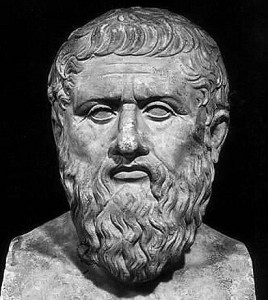I was laying in my bed, wide awake Saturday night, not wanting to get out, lying to myself that Spring Break would never end. I scrolled through the internet, looking through articles that seemed interesting. One of the articles, you can read here, was especially enticing. It explained the story of the alleged roommate of one of the internet’s most notorious owner of drug-trafficking. He lived essentially a double-life: he was a normal guy, graduated from UT Austin, lived comfortably in his house in San Francisco; but when he was behind the computer, he went took on the role of the DreadPIrateRoberts, founder and admin of Silk Road, an underground black-market that oversaw the exchange of illicit drugs and other paraphernalia. Ultimately, he was figured out and is under control by the FBI. As stated in the article, it came as a shock to his roommate, his parents and now ex-girlfriend.
What I want to know is was it right for him to conceal, or lie in order for him to run his website? Since he was the head of the organization, I feel that he should take full blame for what he did, although lucrative, it was still illegal. I thought of Plato’s Republic, in which Plato described to Glaucon the Noble Lie, and that it was okay for government to lie to the people. In a way, I feel this might be the same case. He was the head of an organization, and in order to keep order in his life, created two identities for himself, one that he showed to the public, and the other behind the glow of the computer screen.
Any thoughts?

